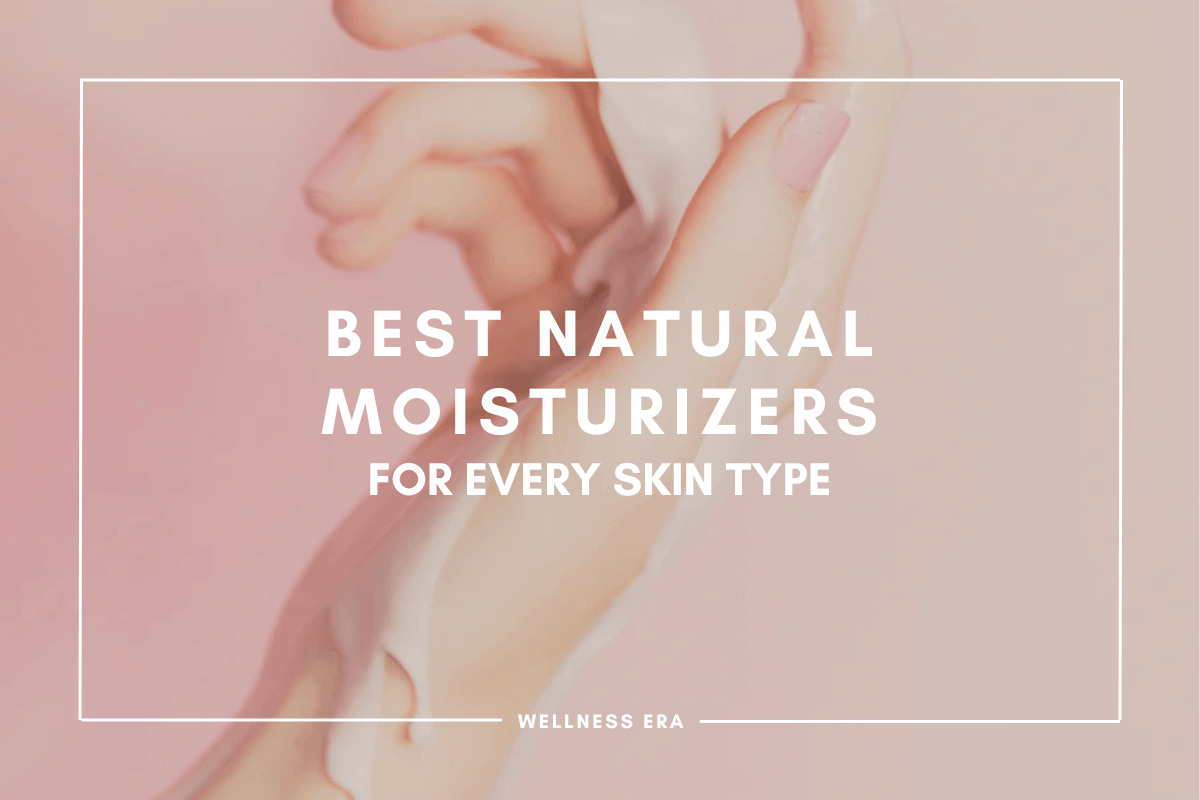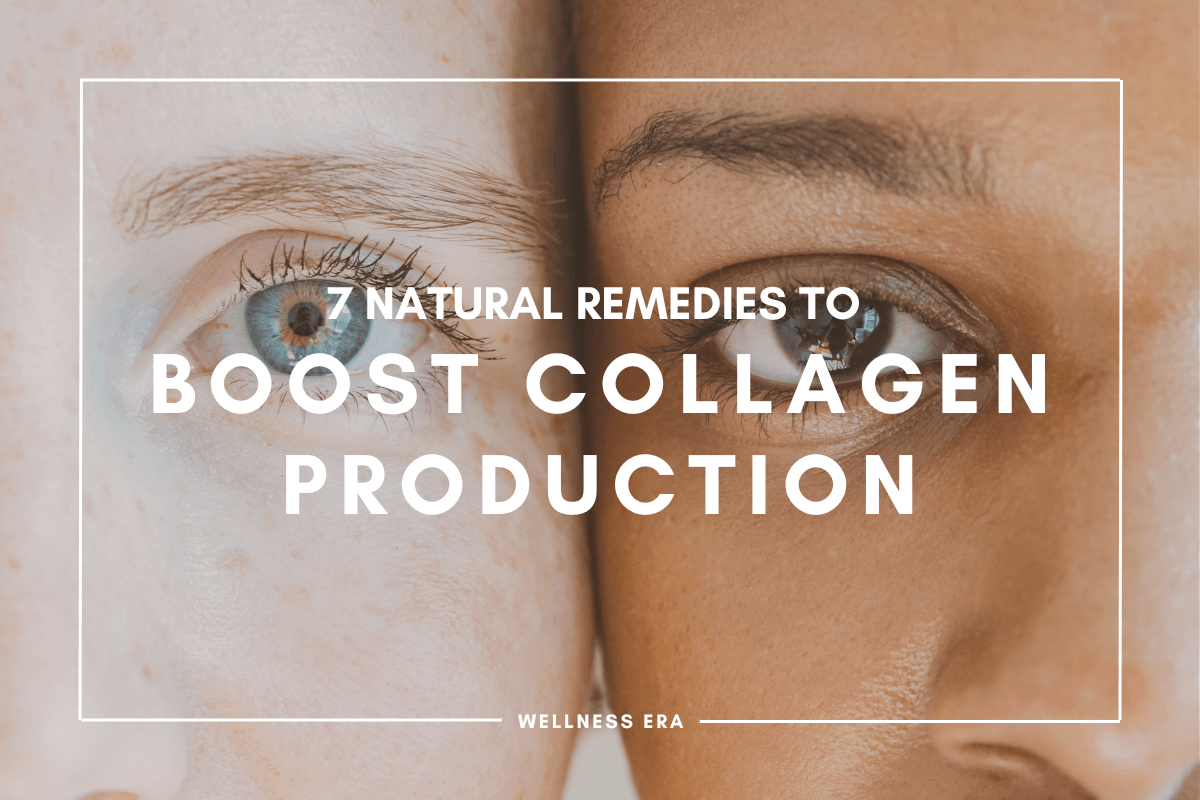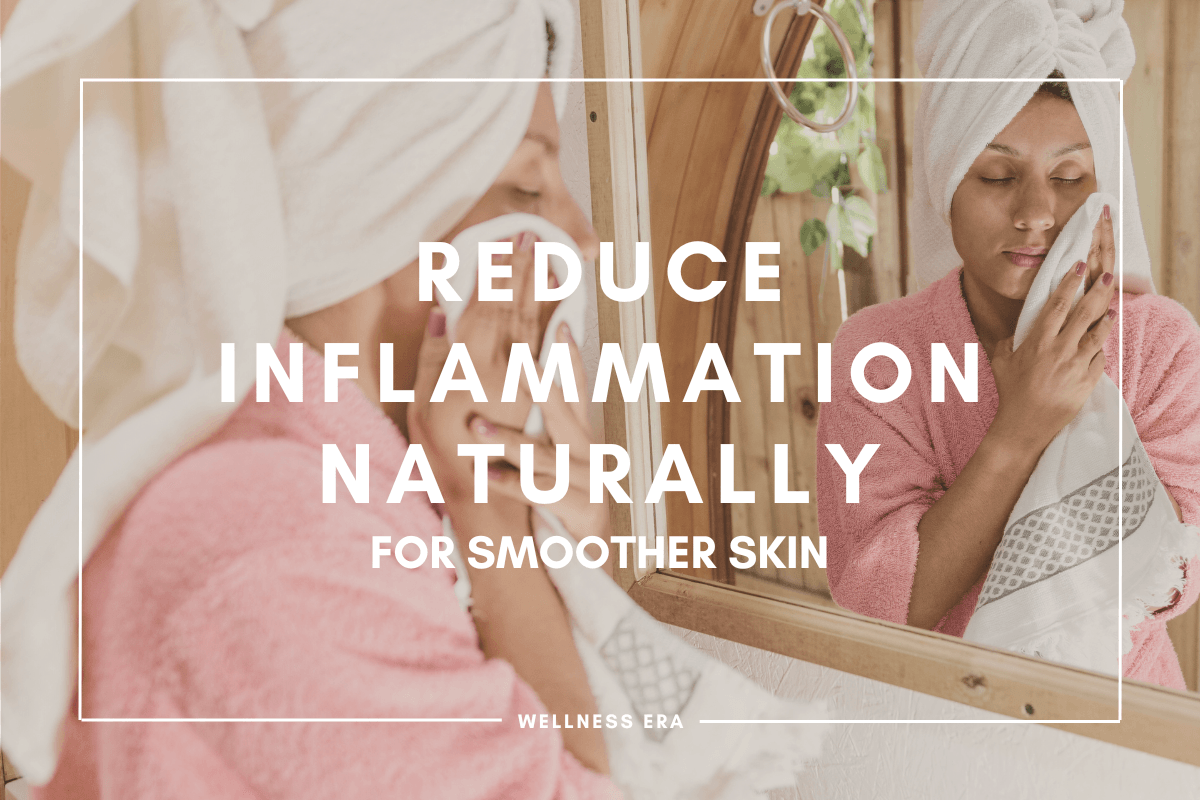6 Steps to Hydrate and Combat Dryness of Skin
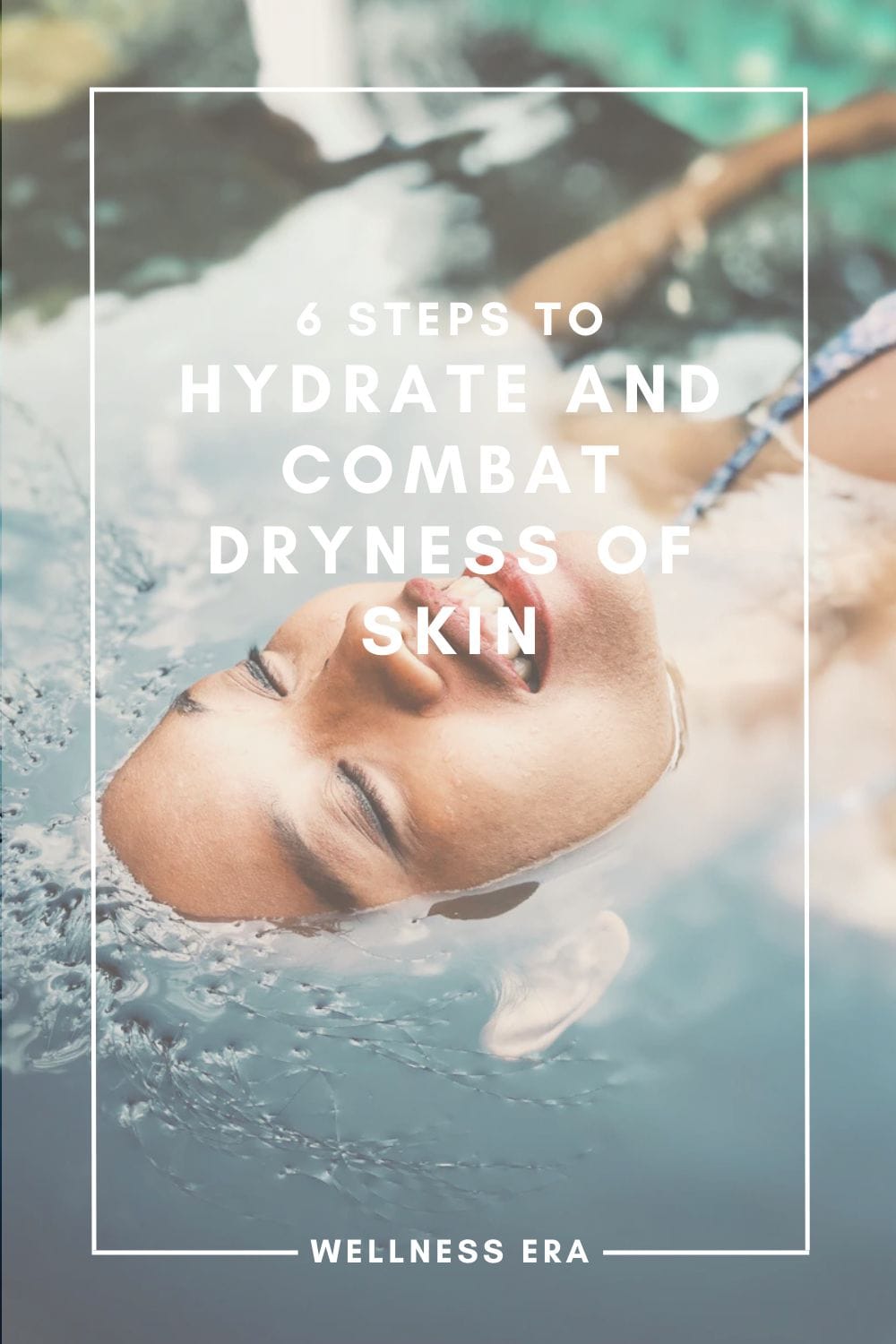
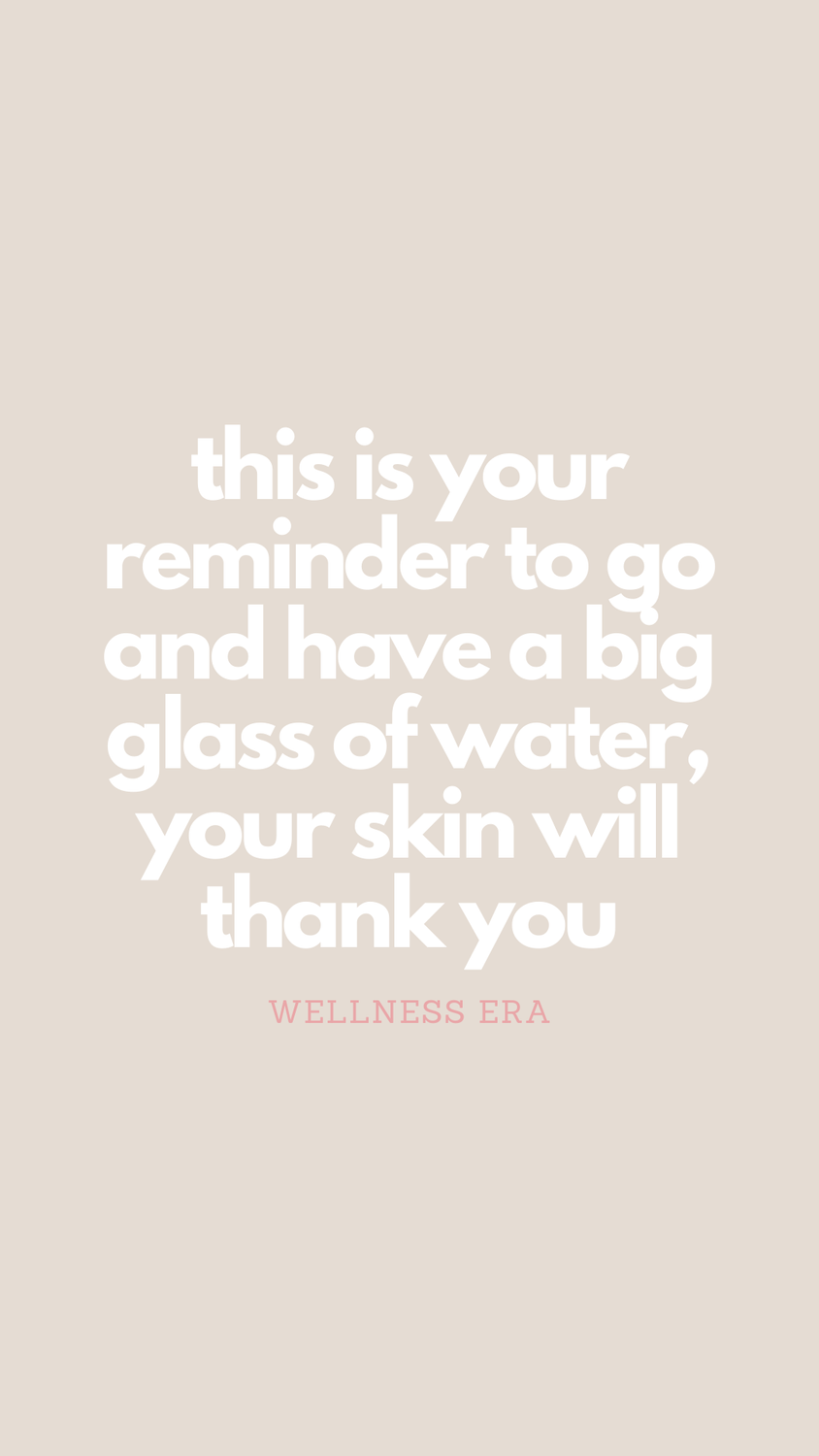
Hydration is your skin’s best friend. Well-hydrated skin isn’t just about looking good—it’s essential for maintaining elasticity, a smooth texture, and that sought-after youthful glow. When your skin is properly hydrated, it appears plump, resilient, and radiant. On the flip side, dehydrated skin can feel tight, look dull, and become more prone to wrinkles. But don’t worry! With a few simple steps, you can lock in moisture and give your skin the hydration it deserves.
1. Hydration and Moisture: Key to Plump, Youthful Skin
Your skin’s outermost layer, the stratum corneum, acts as a shield to lock in moisture and keep irritants out. Think of it as your skin’s natural hydration barrier. When hydrated, your skin cells swell slightly, smoothing out texture and minimizing fine lines. However, when your skin lacks moisture, the stratum corneum weakens, leading to dryness, dullness, and uneven texture (Rawlings & Matts, 2005).
Quick Tip: Use a hydrating toner with aloe vera or cucumber extract after cleansing to replenish moisture immediately.
Do you want to learn more about the skin's processes and what benefits natural Skincare has to making your skin look fresh and glowing? Check out our Complete Guide to Natural Skin Care for Beginnersto learn more!
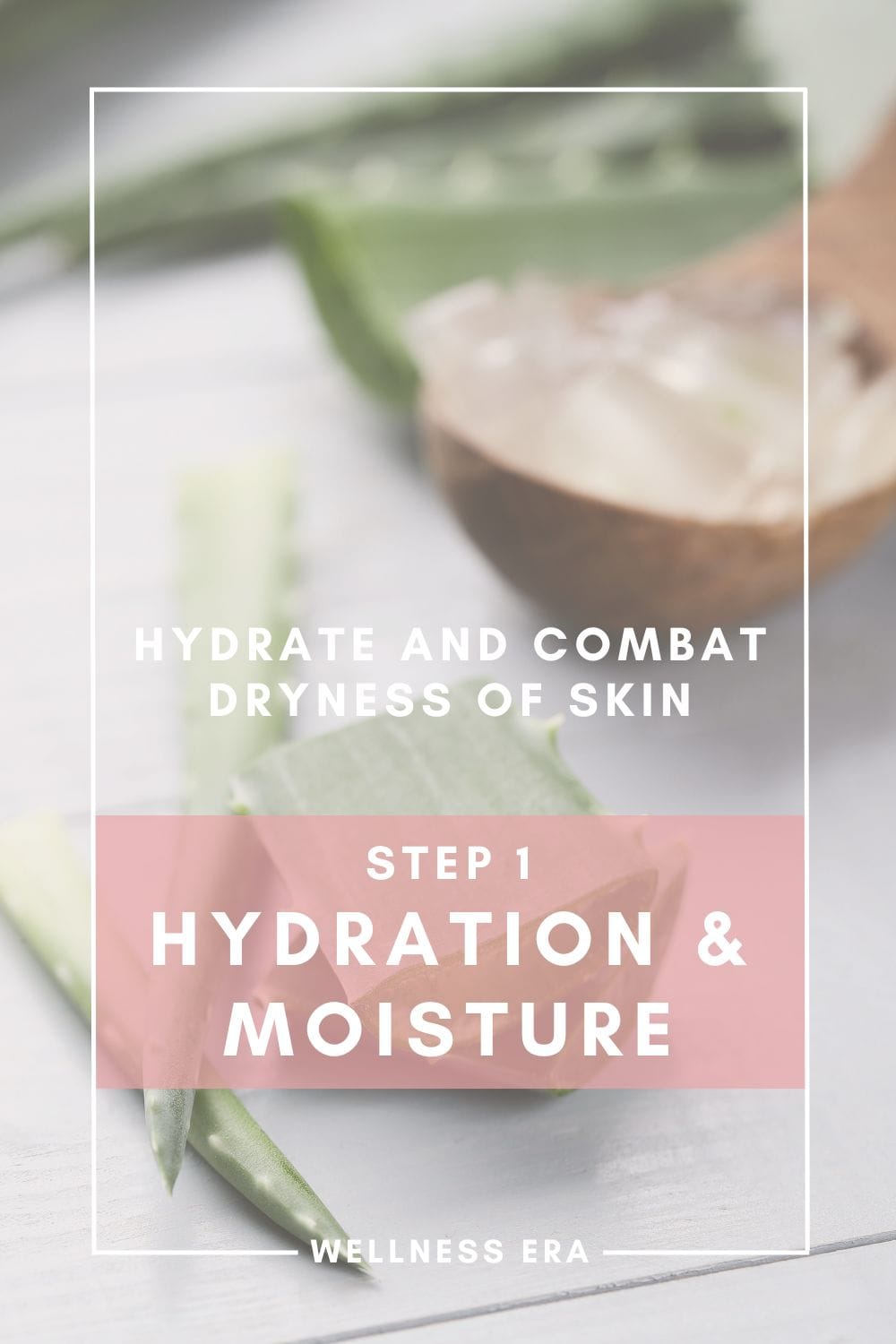
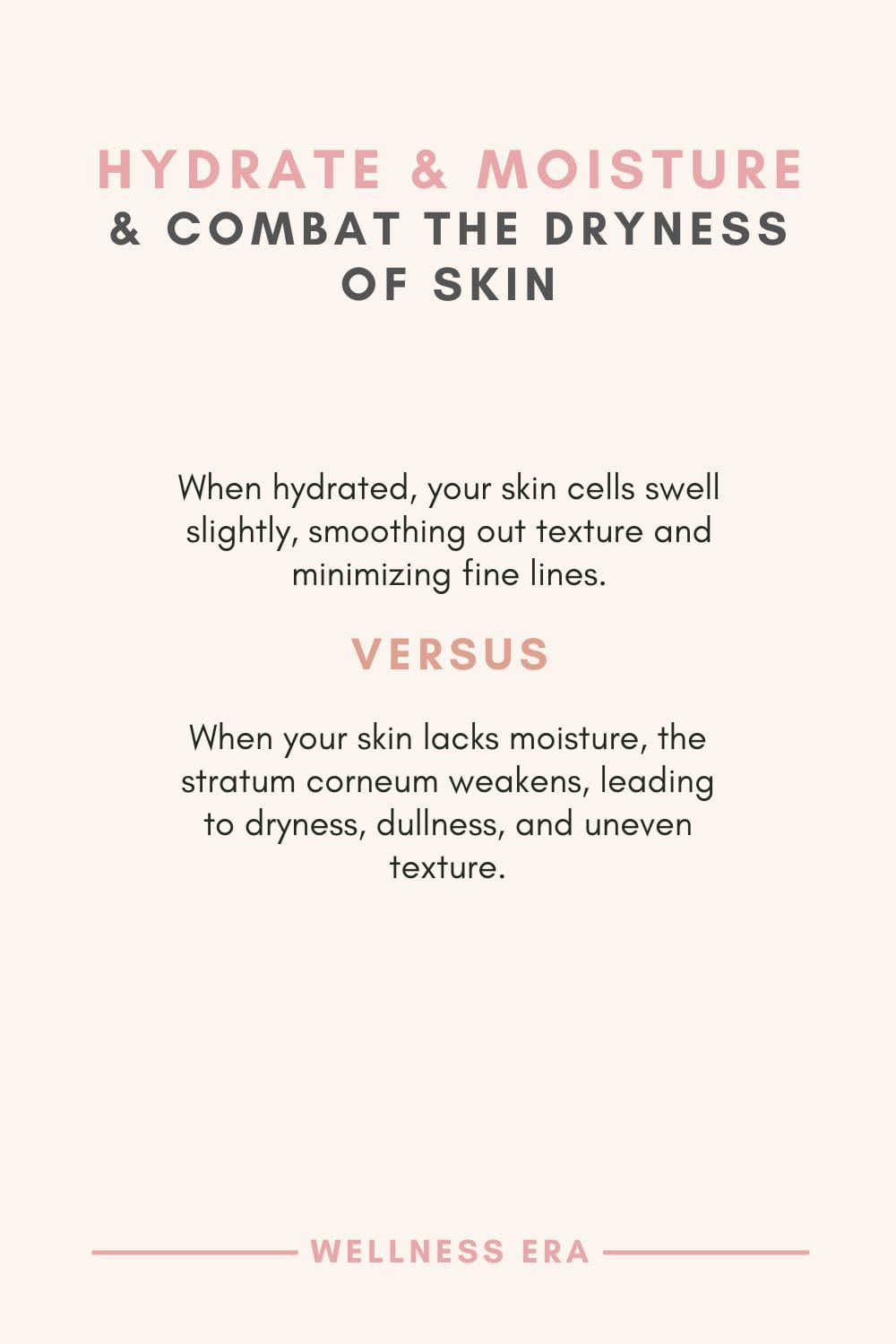
2. Support Collagen and Elastin Fibers
Collagen and elastin are the proteins that give your skin structure and flexibility, but they thrive in a well-hydrated environment. Dehydration weakens these fibers, making your skin more prone to sagging and wrinkles (Tzellos et al., 2009).
To support these proteins:
Use serums with peptides or vitamin C to promote collagen production.
Apply moisturizers immediately after cleansing to lock in hydration.
Did You Know? Collagen needs water to stay strong and elastic. Drinking plenty of water enhances your skin’s ability to maintain its structural integrity.
Hydration is essential for maintaining skin elasticity and preventing premature signs of aging. To learn more on how to support your skin’s collagen and elastin naturally, check out our guide:Preventing Collagen and Elastin Breakdown.
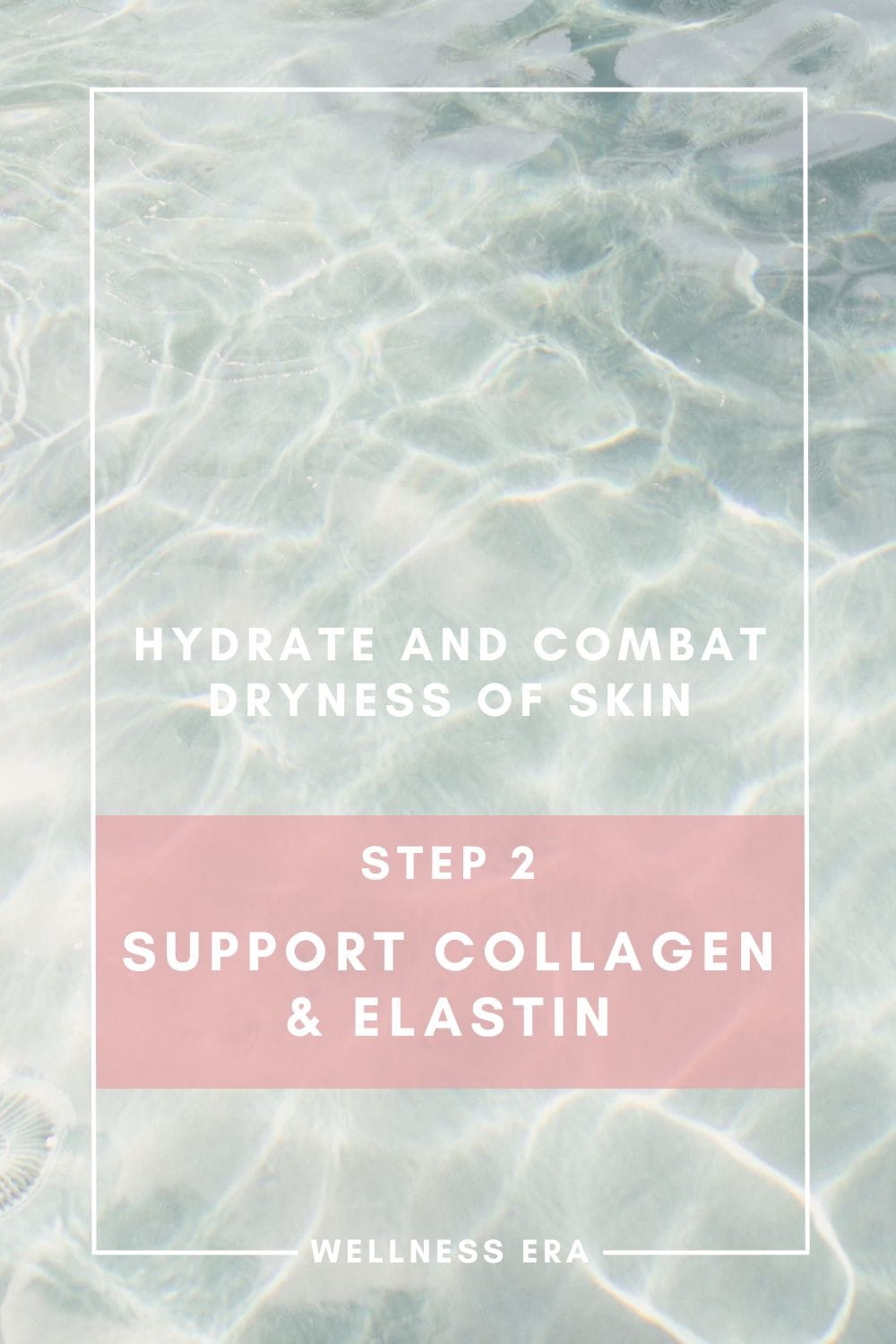
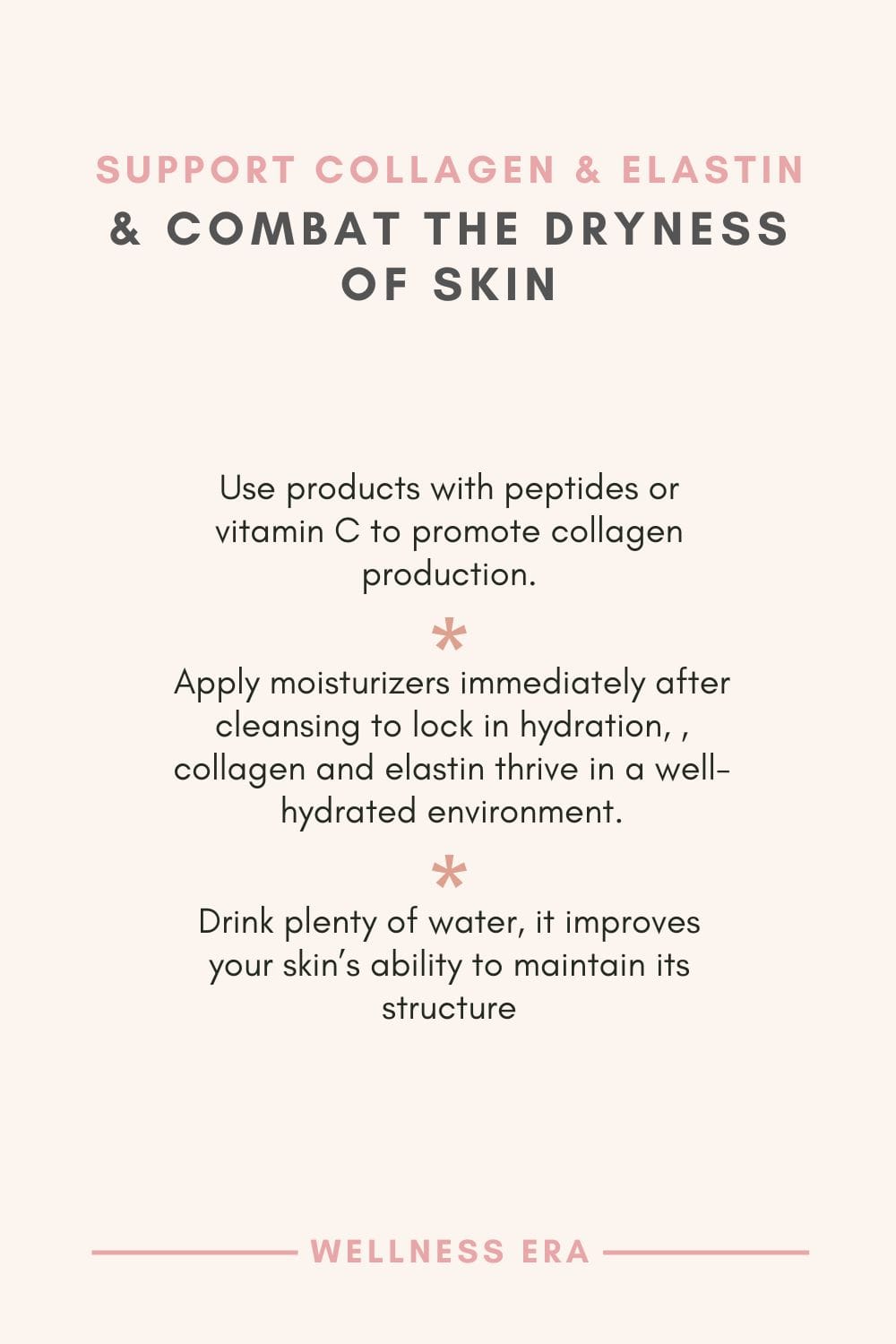
3. Hyaluronic Acid: The Hydration Superstar
Hyaluronic acid is your skin’s ultimate hydration hero! This naturally occurring molecule can hold up to 1,000 times its weight in water, making it essential for keeping your skin plump and glowing (Papakonstantinou et al., 2012).
Topical Hyaluronic Acid: Look for serums or creams with low-molecular-weight hyaluronic acid, which penetrates deeper into the skin for maximum hydration.
Boosting Natural Production: Add foods rich in magnesium, like leafy greens and nuts, to your diet. Magnesium supports your body’s production of hyaluronic acid naturally.
Pro Tip: Pair hyaluronic acid with a good moisturizer to seal in the hydration for longer-lasting results.
Hyaluronic acid works best on freshly exfoliated skin, as it absorbs more effectively when dead skin cells are removed. Learn how to prep your skin with gentle exfoliation in our guide onBoosting Cell Turnover for Brighter Skin.
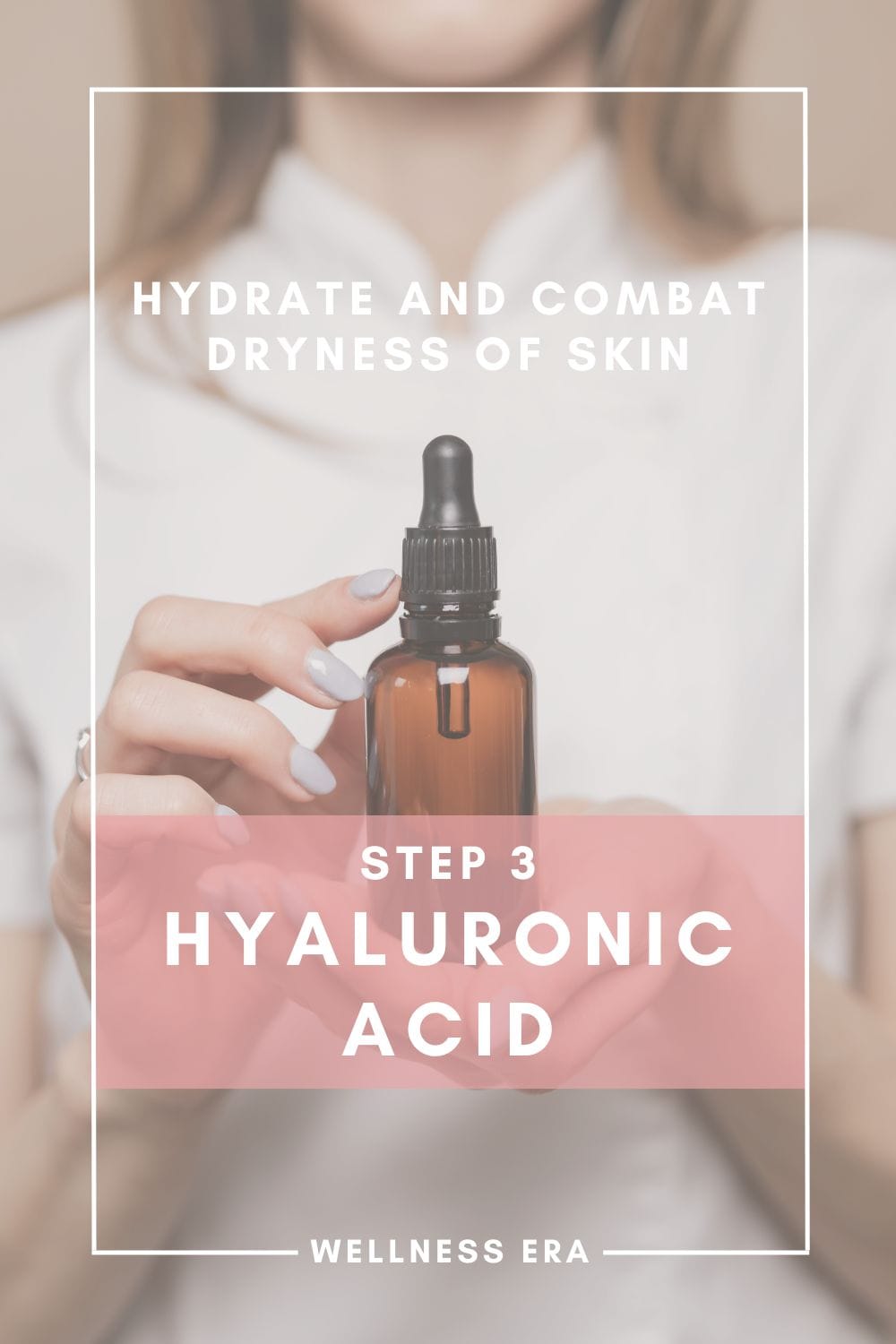
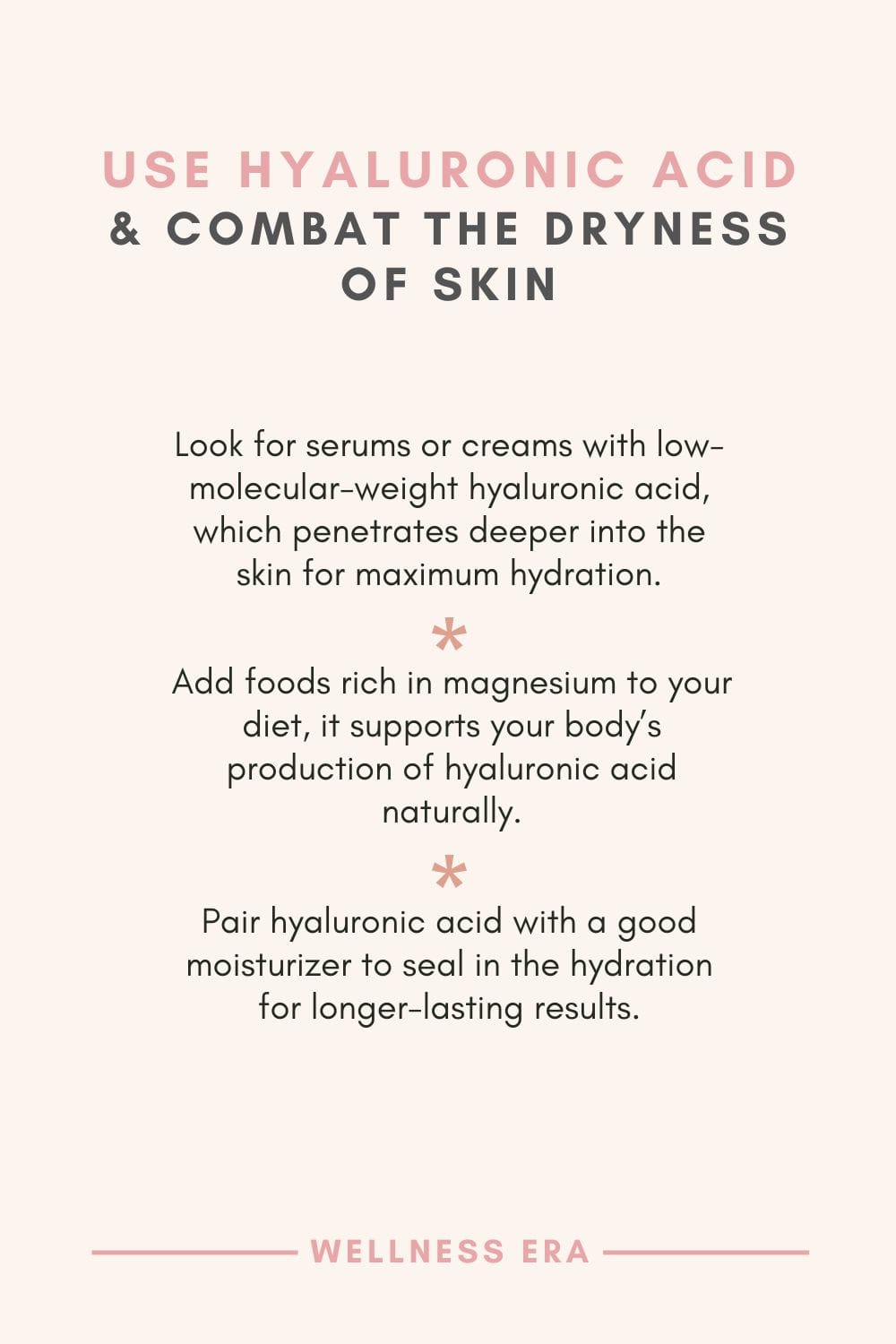
4. Prevent Moisture Loss
One of the main culprits behind dehydrated skin is transepidermal water loss (TEWL)—when water evaporates from your skin due to environmental factors or a weakened barrier. Protecting your skin’s moisture levels is key to long-lasting hydration.
How to Combat TEWL
Use products containing ceramides, which strengthen the skin barrier and prevent water loss (Verdier-Sévrain et al., 2007).
Layer a lightweight facial oil over your moisturizer to lock in hydration and shield your skin from dryness.
Pro Tip: Avoid over-cleansing, which can strip your skin of its natural oils, exacerbating TEWL. Opt for gentle, pH-balanced cleansers instead.
Did you know that external factors like pollution and UV rays can accelerate moisture loss, weakening your skin barrier? Find out how to defend your skin from environmental damage in our post onProtecting Your Skin from UV Radiation and Environmental Damage.
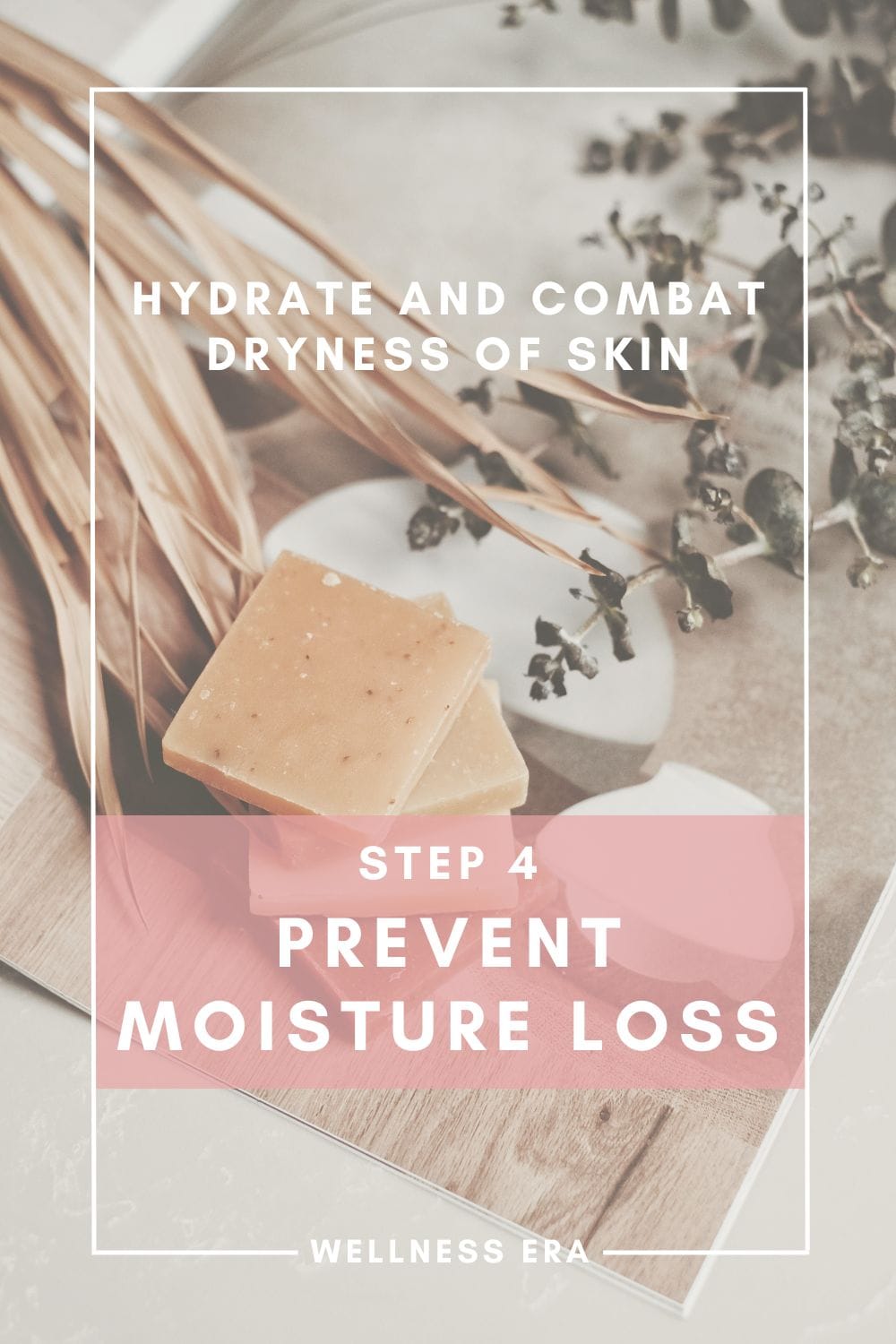
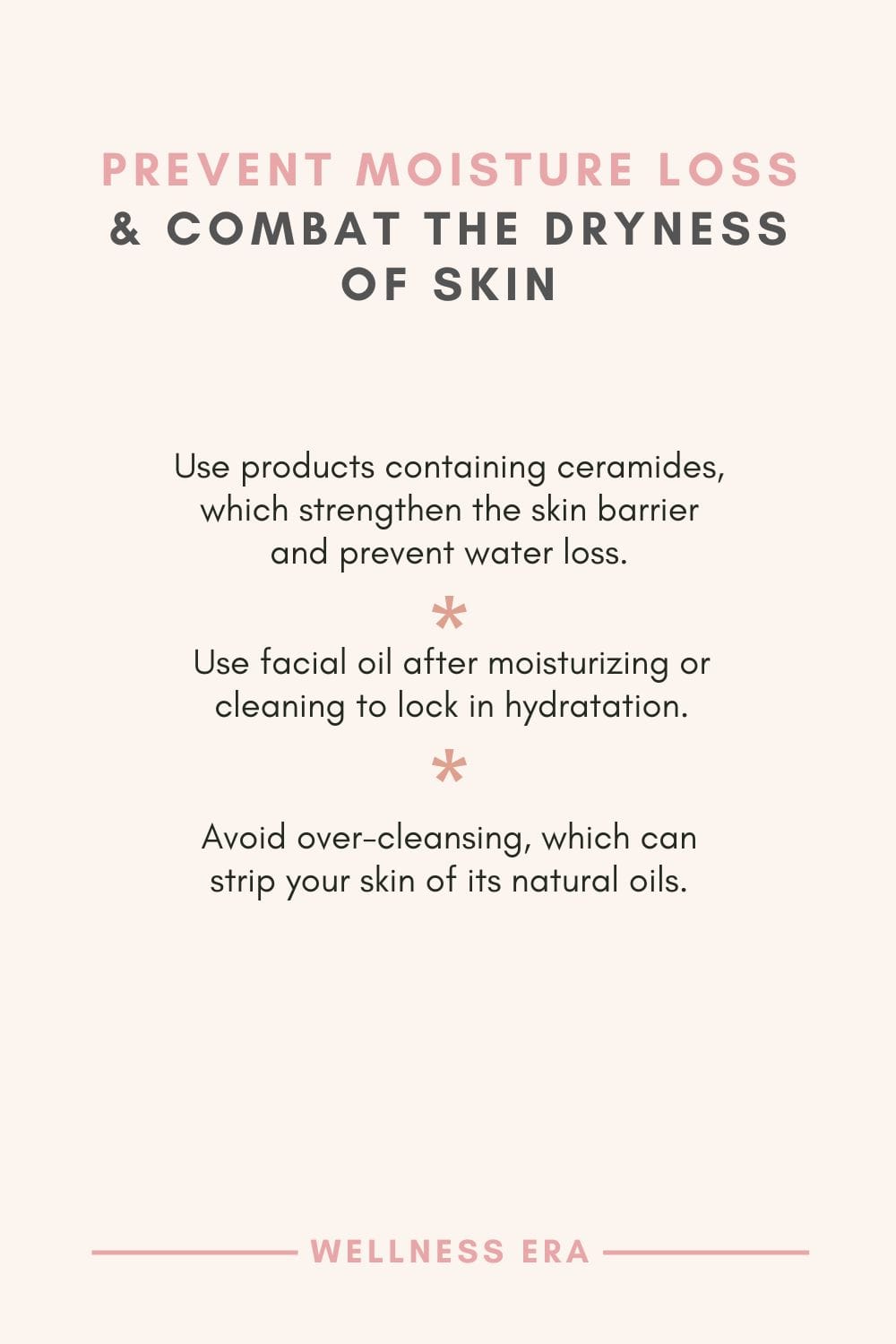
5. Hydrating Oils for Aging Skin
Incorporating natural oils into your skincare routine can provide deep hydration and nourishment for aging skin. Unlike heavy creams, oils penetrate the skin quickly, delivering fatty acids and antioxidants that lock in moisture and improve elasticity.
Best Hydrating Oils for Skin
Argan Oil: Known as “liquid gold,” argan oil is rich in vitamin E and essential fatty acids, making it perfect for smoothing fine lines and restoring moisture (Zheng et al., 2014).
Rosehip Oil: Packed with vitamins A and C, this lightweight oil promotes collagen production and fades dark spots while deeply hydrating.
Jojoba Oil: Mimicking your skin’s natural sebum, jojoba oil balances moisture levels without clogging pores, making it ideal for sensitive or combination skin.
How to Use: Apply 2-3 drops of your favorite oil as the final step in your skincare routine to lock in hydration.
Oils can provide deep hydration, making them especially beneficial for those with dry or mature skin. If you struggle with persistent dryness, explore the best natural moisturizers for extra nourishment in our guides below:
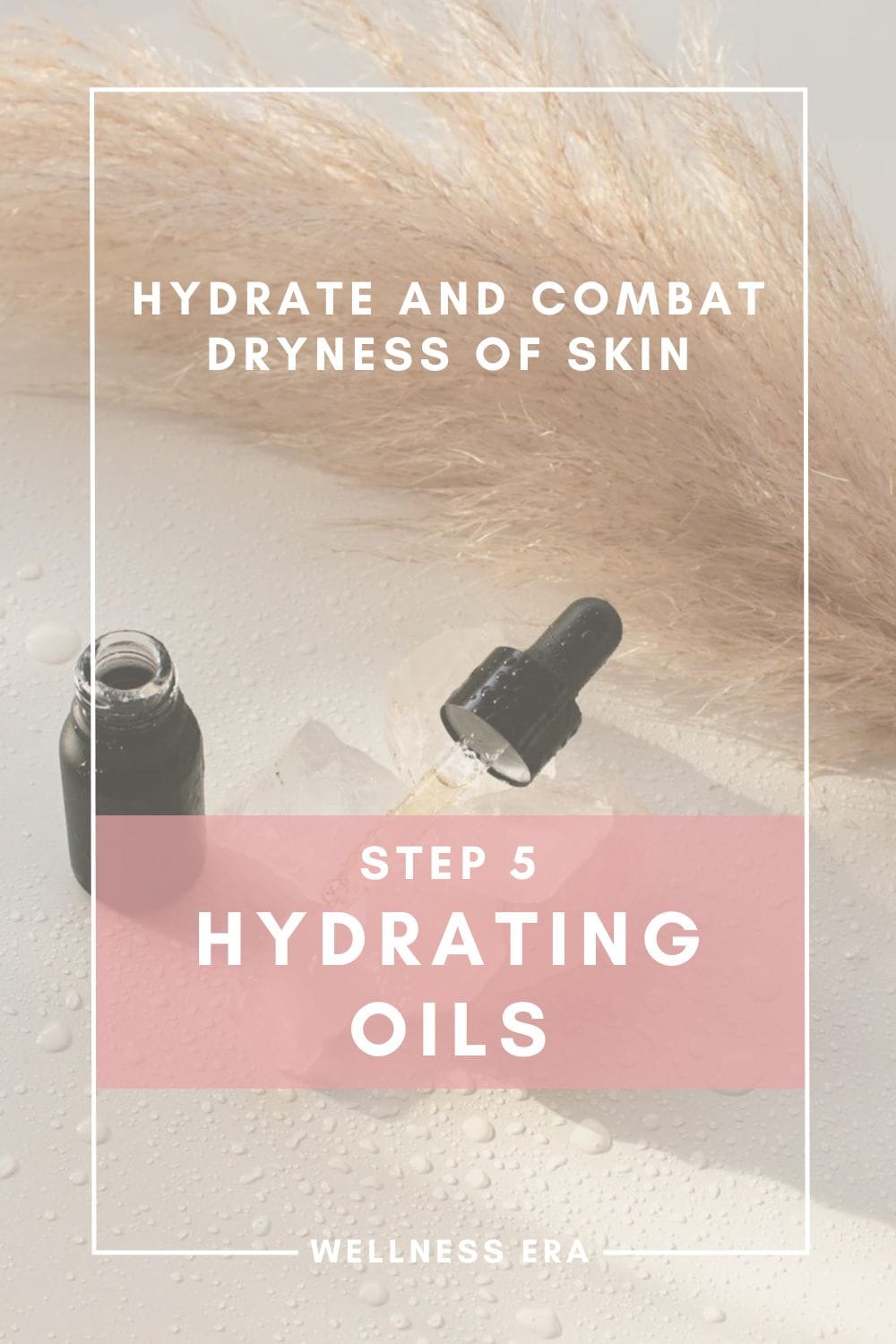
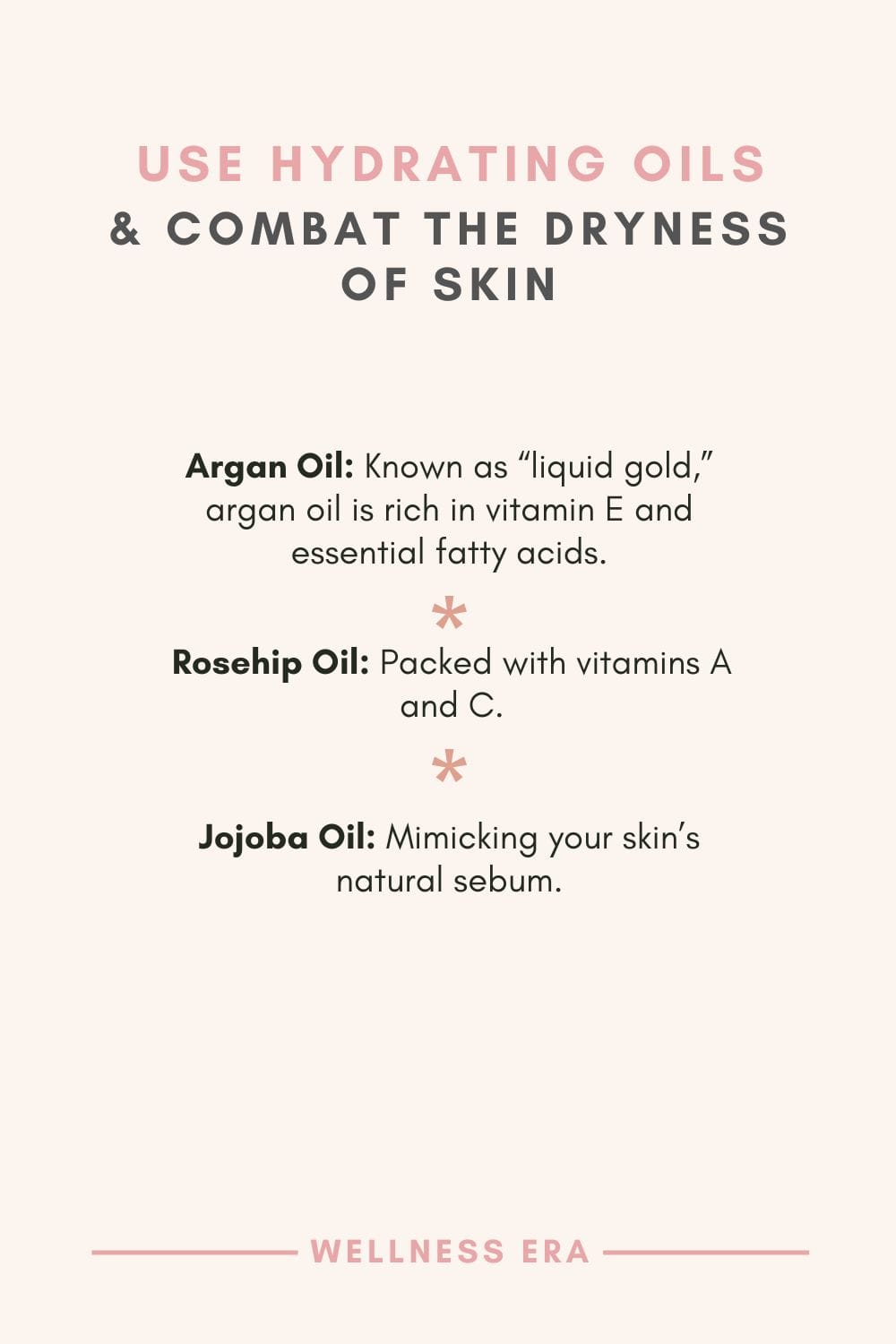
6. Drink Mineral Water for Skin Hydration
Hydrating from the inside is just as crucial as using topical products. Mineral water keeps your cells hydrated, ensuring your skin maintains its elasticity and glow.
How to Stay Hydrated
Drink 8-10 glasses of mineral water daily, or more if you’re in a dry climate or active.
Drink Coconut water which is a rich natural source of electrolytes.
Add hydrating foods like watermelon, cucumbers, and celery to your meals.
Sip on herbal teas like chamomile or hibiscus, which offer added skin benefits.
Pro Tip: Keep a reusable water bottle handy to make staying hydrated easier throughout the day.
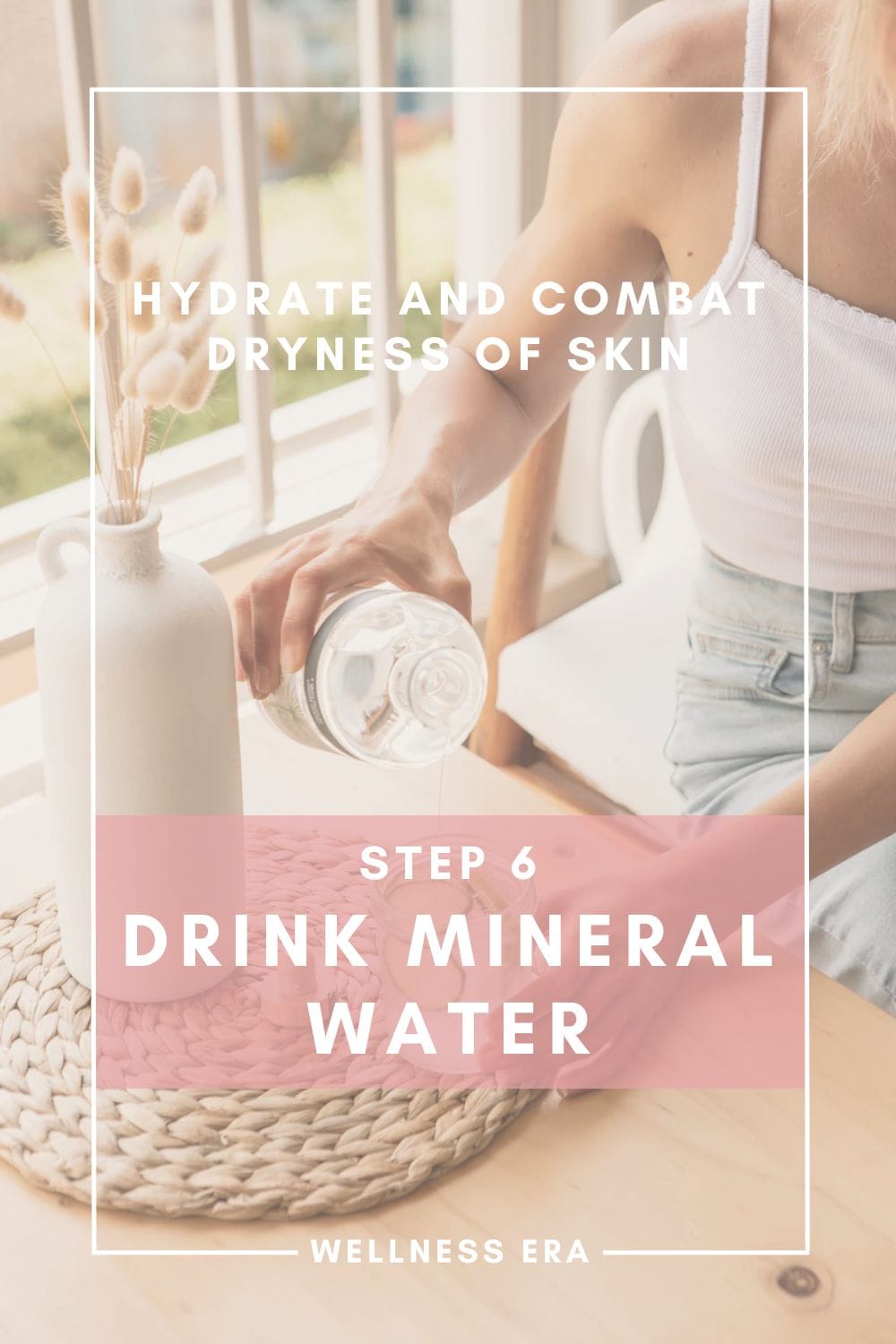
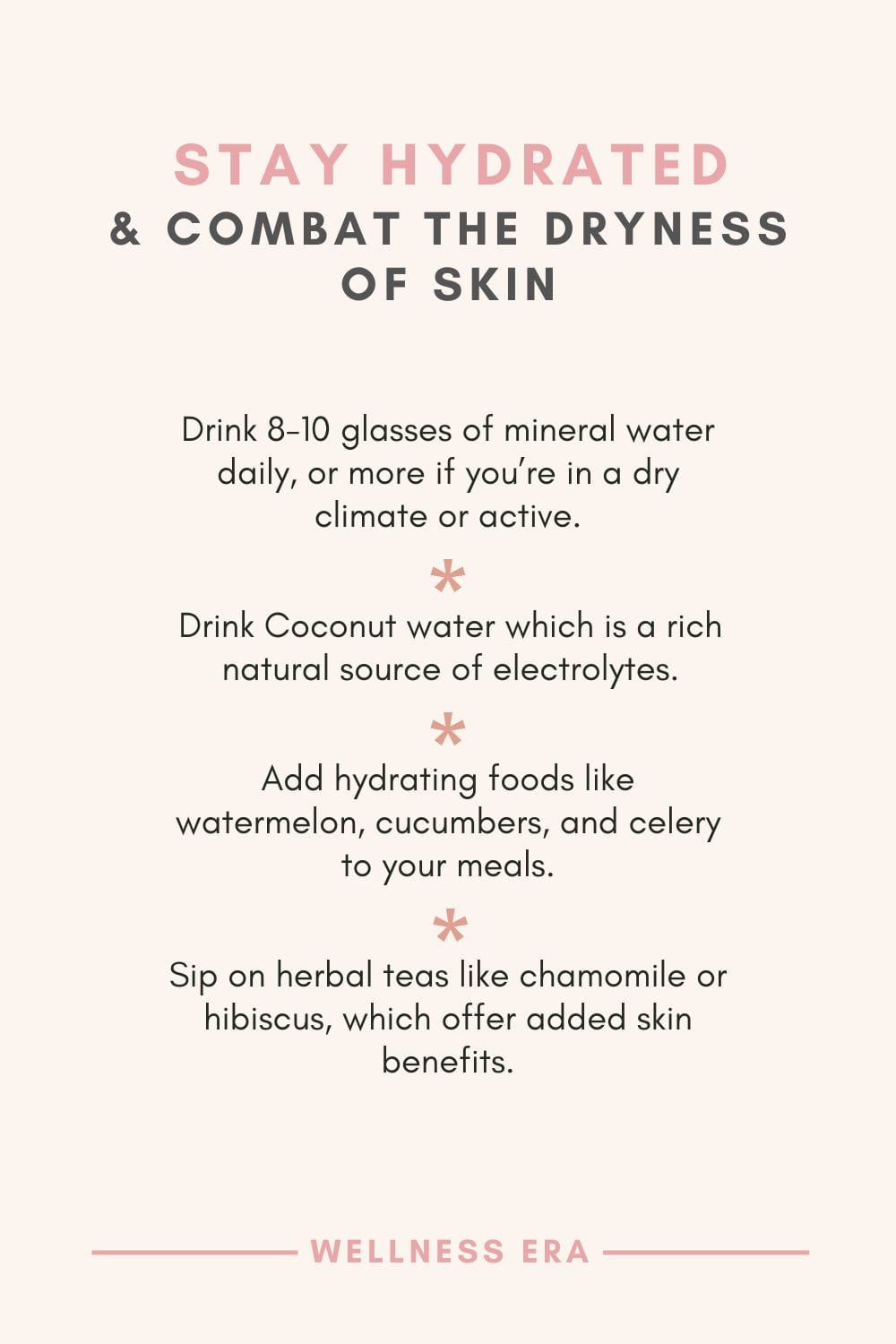
Why Hydration Matters for Aging Skin
Hydration is the foundation of youthful skin. Without it, your skin loses elasticity, collagen weakens, and wrinkles become more pronounced. But when properly hydrated, your skin is plump, radiant, and better equipped to fight environmental stressors. From using hydrating ingredients like hyaluronic acid to locking in moisture with oils, there are countless ways to keep your skin nourished and glowing.
To keep your skin hydrated and combat dryness:
Strengthen your skin barrier with ceramides and hydrating oils like argan and rosehip.
Use hyaluronic acid for deep hydration and pair it with moisturizers to prevent water loss.
Stay hydrated from within by drinking plenty of water and eating water-rich foods.
By adopting these steps, you’ll ensure your skin stays supple, youthful, and radiant—no matter your age!
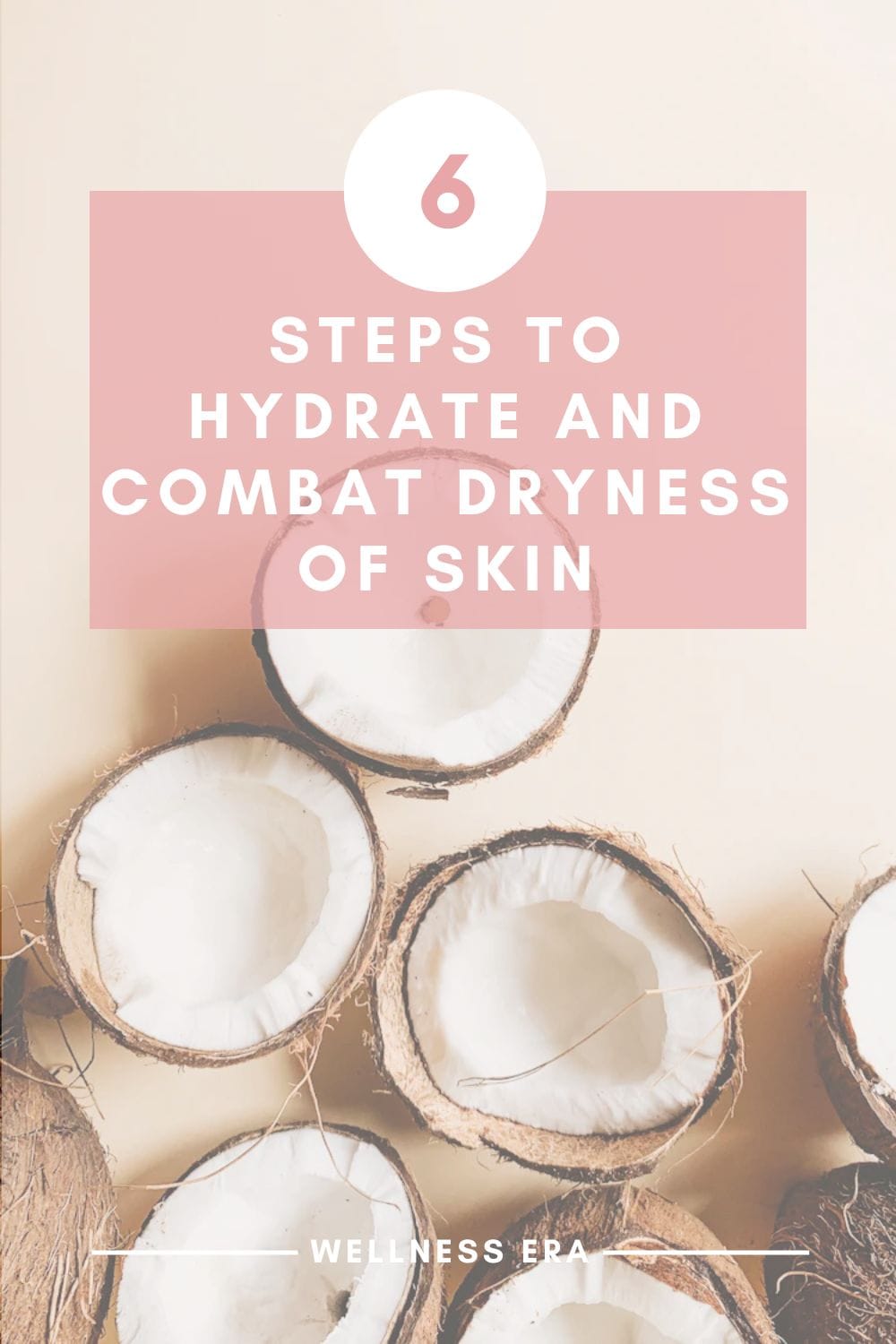
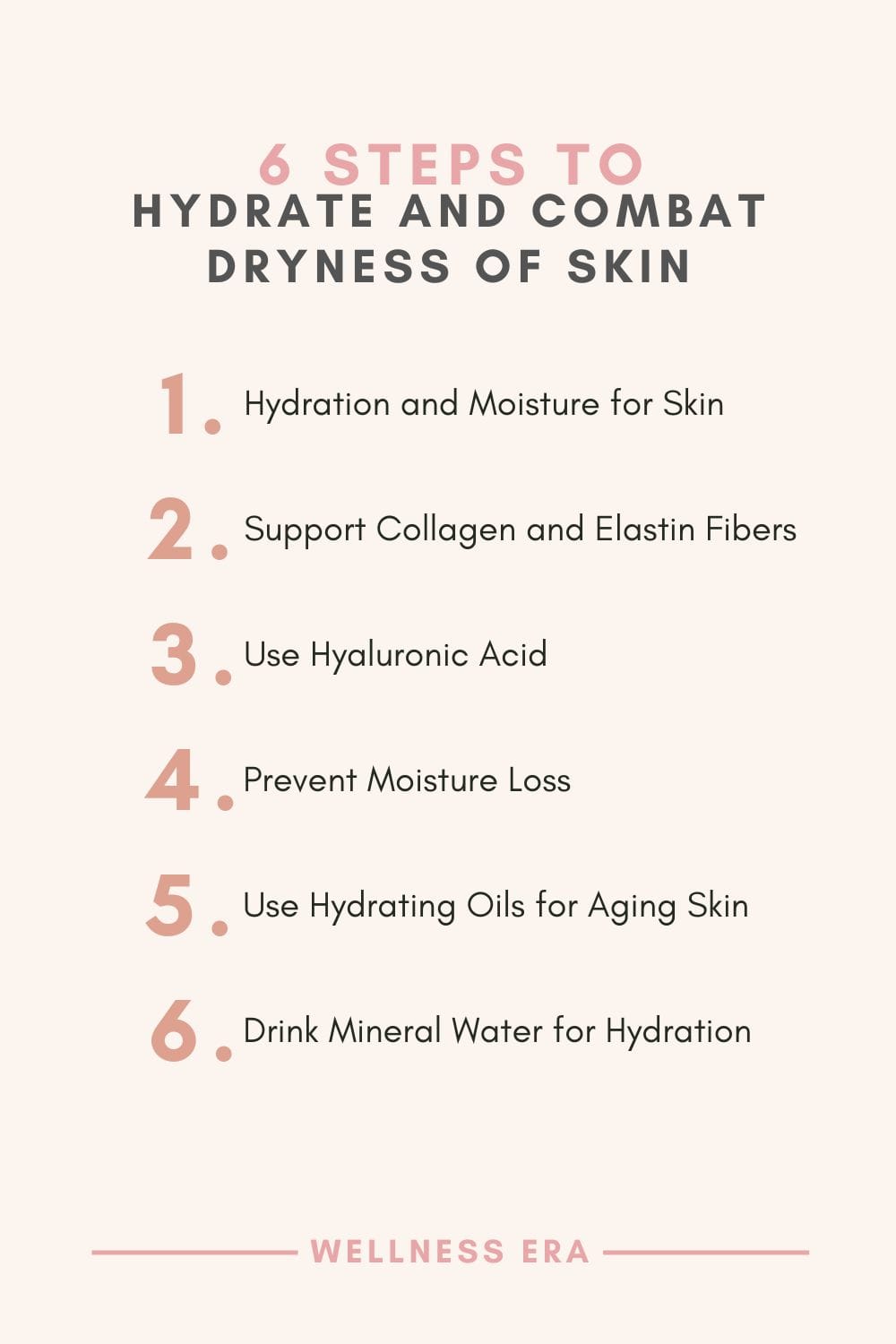
References
Papakonstantinou, E., Roth, M., & Karakiulakis, G. (2012). Hyaluronic acid: A key molecule in skin aging. Dermatoendocrinology, 4(3), 253-258. (URL: PubMed)
Rawlings, A.V., & Matts, P.J. (2005). Stratum corneum moisturization at the molecular level: An update in relation to the dry skin cycle. Journal of Investigative Dermatology, 124(6), 1099-1101. (URL: ScienceDirect)
Tzellos, T., Klagas, I., & Zouboulis, C.C. (2009). Sebaceous gland activity and skin aging: The role of sebaceous lipids. Dermatoendocrinology, 1(5), 72–76. (URL: PubMed)
Verdier-Sévrain, S., Bonté, F., & Gilchrest, B. (2007). Biology of estrogens in skin: implications for skin aging. Experimental Dermatology, 15(12), 83-88. (URL: PubMed)
Zheng, J., Zhang, H., & Ma, L. (2014). Fatty acids and retinoids: A review of their use in treating skin disorders. Molecules, 19(5), 5819–5836. (URL: PubMed)
Here is something you might also like..
Would you like to receive something special?
Try out the best, inspirational weekly newsletter for your natural wellness era!
My Wellness Era Weekly
SUBSCRIBE TO OUR NEWSLETTER
Your Weekly Dose of Natural Wellness
Fill out the form below, and you will reveice "My Wellness Era Weekly" delivered to your inbox.
What you can expect: a short, warm, and personal note from our founder. Mindset shifts, journal prompts, or self-care reminders. Inspiring quotea related to wellness, mindfulness, or self-love. Small, actionable wellness habits you can try. Recomendations we love, are testing, or recently discovered. Highlights of our latest blog posts.
+++ What we’re loving every single week.
QUICK LINKS
SOCIAL
CATEGORIES



